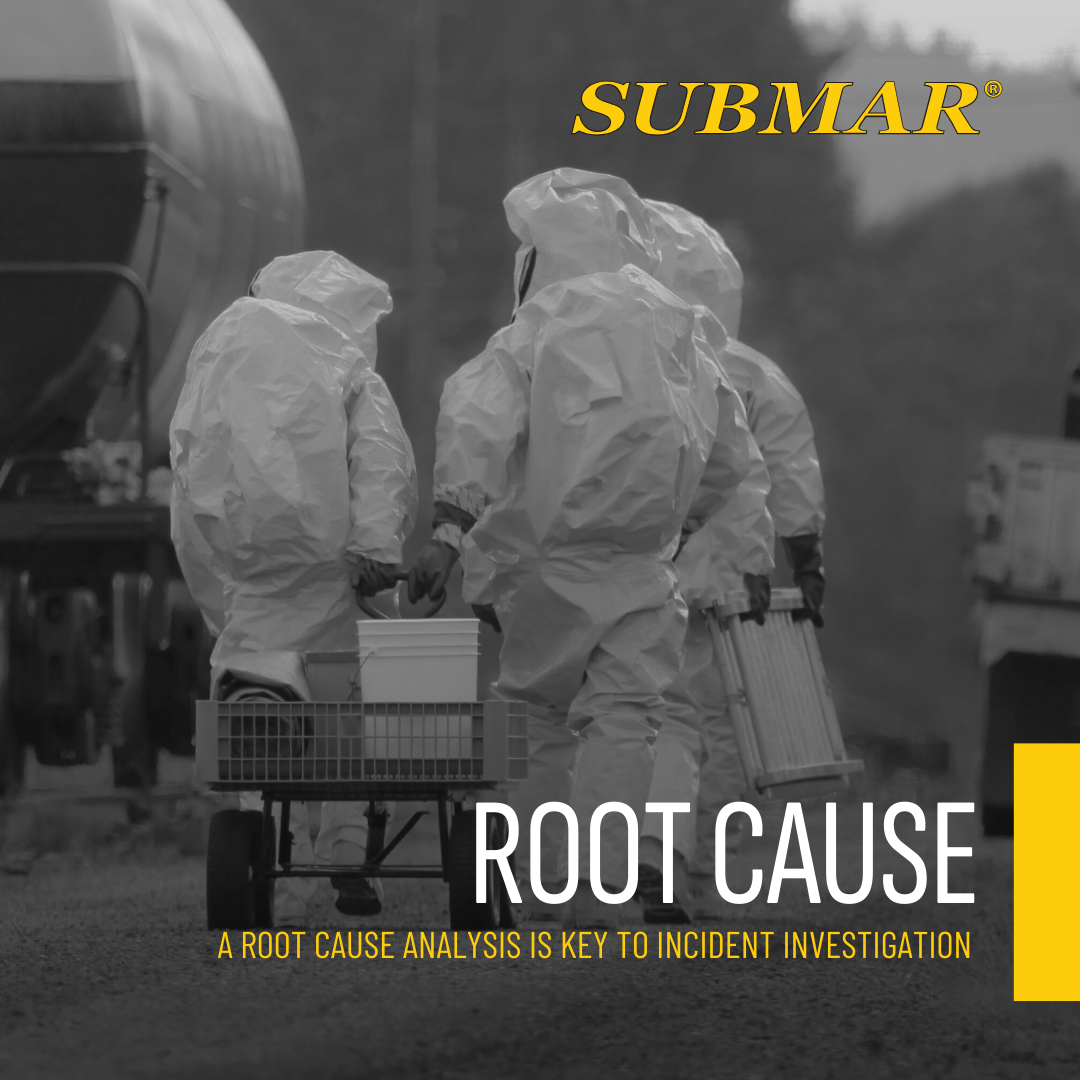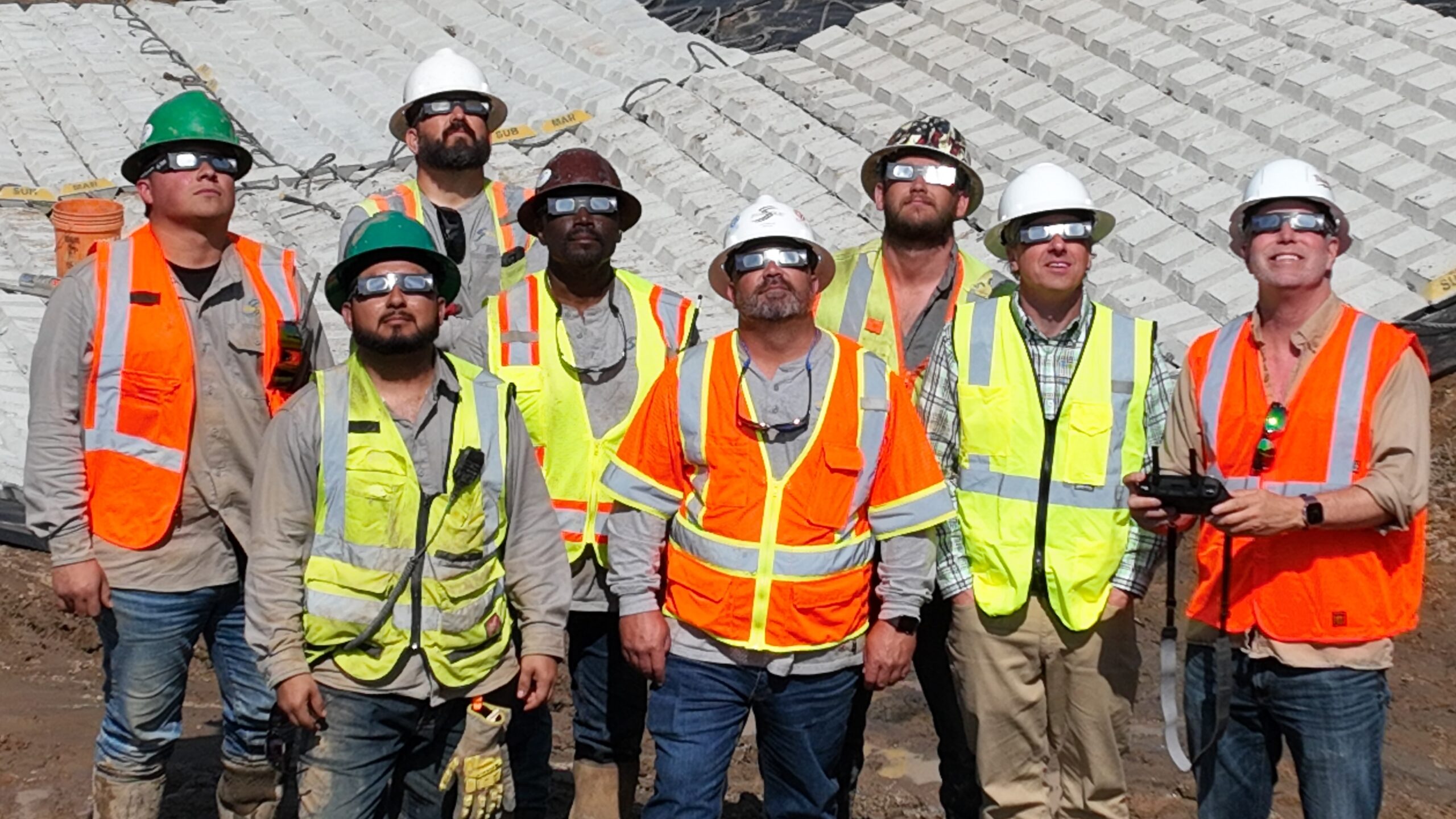
Dig Deeper for Safety: Every incident has a root cause—find it, fix it, prevent it.
Safety Topic: Incident Investigation: Root Cause Analysis (RCA)
November 2025 – Safety Topic – Incident Investigation: Root Cause Analysis
Root Cause Analysis(RCA)
Root cause analysis (RCA) is a structured process for identifying the underlying causes of a problem to find and implement sustainable solutions, rather than just addressing its symptoms. By digging into the “why” behind an issue, organizations can develop effective long-term fixes to prevent the problem from happening again.
Root cause analysis (RCA) offers numerous advantages that help organizations move beyond temporary fixes to implement lasting solutions. Key benefits include:
Operational and Financial Benefits
- Problem Prevention: The primary advantage of RCA is that by identifying and eliminating the fundamental causes of an issue, it prevents the problem from recurring, saving time, resources, and effort that would otherwise be spent on repeated fixes.
- Cost Savings: Addressing the actual root cause avoids the unnecessary expenses associated with repeated repairs, replacements, and operational disruptions, leading to significant long-term cost reductions.
- Improved Efficiency and Productivity: RCA helps pinpoint and eliminate inefficiencies and bottlenecks in processes, which streamlines workflows, optimizes resource allocation, and enhances overall productivity.
- Reduced Downtime: In industries reliant on equipment, RCA minimizes unplanned downtime by identifying underlying equipment issues and informing more effective predictive and preventive maintenance strategies.
Quality and Compliance Benefits
- Enhanced Product/Service Quality: By identifying the source of defects or errors, organizations can make targeted improvements to deliver better products or services, which in turn improves customer satisfaction and loyalty.
- Risk Mitigation and Safety: RCA is a valuable tool for identifying potential hazards and vulnerabilities before they escalate into major incidents or accidents, thereby improving safety measures and better managing organizational risks.
- Regulatory Compliance: By systematically addressing the causes of non-compliance, organizations can ensure adherence to industry standards and regulations, avoiding potential fines or legal repercussions.
Organizational and Cultural Benefits
- Data-Driven Decision Making: RCA provides a systematic, data-driven approach to problem-solving, which allows decision-makers to make informed choices based on evidence rather than assumptions or biases.
- Fosters a Culture of Continuous Improvement: RCA encourages a proactive mindset towards problem-solving and a culture of learning from both failures and successes, leading to ongoing refinement of processes.
- Enhanced Teamwork and Morale: Engaging cross-functional teams in the RCA process promotes collaboration, shared ownership, and a deeper understanding of interconnected systems, which can boost employee engagement and morale.
- Identifies Systemic Issues: RCA goes beyond individual human errors to uncover deeper, systemic flaws within an organization’s processes and systems, allowing for comprehensive, system-wide solutions.
Read Some More!
Protecting native wildlife and reducing erosion is essential. Submar’s concrete mats help maintain vegetation, biodiversity, and protect oil and gas assets, addressing erosion's environmental and economic impacts from urban development.
A Submar crew and management took a break from installing a project to safely enjoy watching the solar eclipse by wearing their eclipse glasses with solar filters. There will only be eight total solar eclipses visible from North America in the 21st century. The next total solar eclipse to cross North America is predicted to occur in 2044, according to NASA.
Dig Deeper for Safety: Every incident has a root cause—find it, fix it, prevent it.





